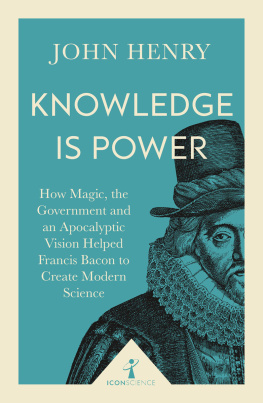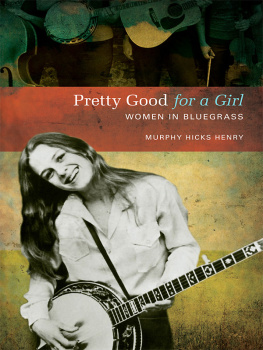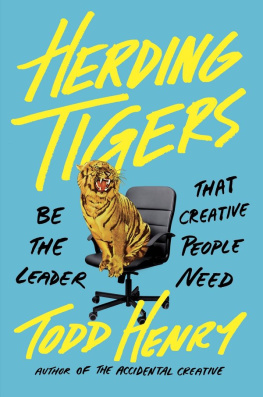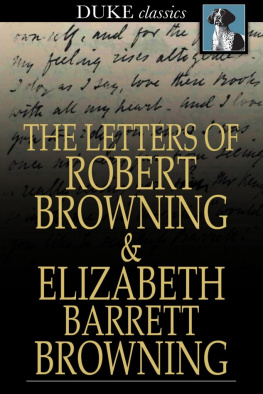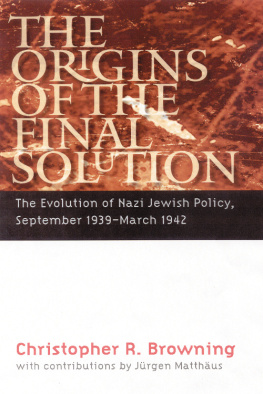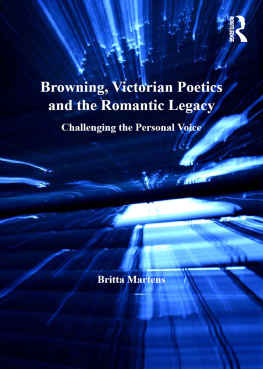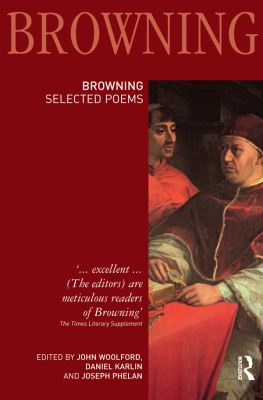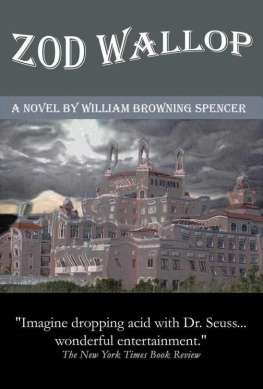CHAPTER I.
Table of Contents
INTRODUCTION.
Table of Contents
"Grau, theurer Freund, ist alle Theorie,
Und grn des Lebens goldner Baum." (Faust.)
There is a saying of Hegel's, frequently quoted, that "a great man condemns the world to the task of explaining him." The condemnation is a double one, and it generally falls heaviest on the great man himself, who has to submit to explanation; and, probably, the last refinement of this species of cruelty is to expound a poet. I therefore begin with an apology in both senses of the term. I acknowledge that no commentator on art has a right to be heard, if he is not aware of the subordinate and temporary nature of his office. At the very best he is only a guide to the beautiful object, and he must fall back in silence so soon as he has led his company into its presence. He may perhaps suggest "the line of vision," or fix the point of view, from which we can best hope to do justice to the artist's work, by appropriating his intention and comprehending his idea; but if he seeks to serve the ends of art, he will not attempt to do anything more.
In order to do even this successfully, it is essential that every judgment passed should be exclusively ruled by the principles which govern art. "Fine art is not real art till it is free"; that is, till its value is recognized as lying wholly within itself. And it is not, unfortunately, altogether unnecessary to insist that, so far from enhancing the value of an artist's work, we only degrade it into mere means, subordinate it to uses alien, and therefore antagonistic to its perfection, if we try to show that it gives pleasure, or refinement, or moral culture. There is no doubt that great poetry has all these uses, but the reader can enjoy them only on condition of forgetting them; for they are effects that follow the sense of its beauty. Art, morality, religion, is each supreme in its own sphere; the beautiful is not more beautiful because it is also moral, nor is a painting great because its subject is religious. It is true that their spheres overlap, and art is never at its best except when it is a beautiful representation of the good; nevertheless the points of view of the artist and of the ethical teacher are quite different, and consequently also the elements within which they work and the truth they reveal.
In attempting, therefore, to discover Robert Browning's philosophy of life, I do not pretend that my treatment of him is adequate. Browning is, first of all, a poet; it is only as a poet that he can be finally judged; and the greatness of a poet is to be measured by the extent to which his writings are a revelation of what is beautiful.
I undertake a different and a humbler task, conscious of its limitations, and aware that I can hardly avoid doing some violence to the artist. What I shall seek in the poet's writings is not beauty, but truth; and although truth is beautiful, and beauty is truth, still the poetic and philosophic interpretation of life are not to be confused. Philosophy must separate the matter from the form. Its synthesis comes through analysis, and analysis is destructive of beauty, as it is of all life. Art, therefore, resists the violence of the critical methods of philosophy, and the feud between them, of which Plato speaks, will last through all time. The beauty of form and the music of speech which criticism destroys, and to which philosophy is, at the best, indifferent, are essential to poetry. When we leave them out of account we miss the ultimate secret of poetry, for they cling to the meaning and penetrate it with their charm. Thought and its expression are inseparable in poetry, as they never are in philosophy; hence, in the former, the loss of the expression is the loss of truth. The pure idea that dwells in a poem is suffused in the poetic utterance, as sunshine breaks into beauty in the mist, as life beats and blushes in the flesh, or as an impassioned thought breathes in a thinker's face.
But, although art and philosophy are supreme, each in its own realm, and neither can be subordinated to the uses of the other, they may help each other. They are independent, but not rival powers of the world of mind. Not only is the interchange of truth possible between them; but each may show and give to the other all its treasures, and be none the poorer itself. "It is in works of art that some nations have deposited the profoundest intuitions and ideas of their hearts." Job and Isaiah, schylus and Sophocles, Shakespeare and Goethe, were first of all poets. Mankind is indebted to them in the first place for revealing beauty; but it also owes to them much insight into the facts and principles of the moral world. It would be an unutterable loss to the ethical thinker and the philosopher, if this region were closed against them, so that they could no longer seek in the poets the inspiration and light that lead to goodness and truth. In our own day, almost above all others, we need the poets for these ethical and religious purposes. For the utterances of the dogmatic teacher of religion have been divested of much of their ancient authority; and the moral philosopher is often regarded either as a vendor of commonplaces or as the votary of a discredited science, whose primary principles are matter of doubt and debate. There are not a few educated Englishmen who find in the poets, and in the poets alone, the expression of their deepest convictions concerning the profoundest interests of life. They read the poets for fresh inspiration, partly, no doubt, because the passion and rapture of poetry lull criticism and soothe the questioning spirit into acquiescence.
But there are further reasons; for the poets of England are greater than its moral philosophers; and it is of the nature of the poetic art that, while eschewing system, it presents the strife between right and wrong in concrete character, and therefore with a fulness and truth impossible to the abstract thought of science.
"A poet never dreams:
We prose folk do: we miss the proper duct
For thoughts on things unseen."A
A: Fifine at the Fair, lxxxviii.
It is true that philosophy endeavours to correct this fragmentariness by starting from the unity of the whole. But it can never quite get rid of an element of abstraction and reach down to the concrete individual.
The making of character is so complex a process that the poetic representation of it, with its subtle suggestiveness, is always more complete and realistic than any possible philosophic analysis. Science can deal only with aspects and abstractions, and its method becomes more and more inadequate as its matter grows more concrete, unless it proceeds from the unity in which all the aspects are held together. In the case of life, and still more so in that of human conduct, the whole must precede the part, and the moral science must, therefore, more than any other, partake of the nature of poetry; for it must start from living spirit, go from the heart outwards, in order to detect the meaning of the actions of man.





